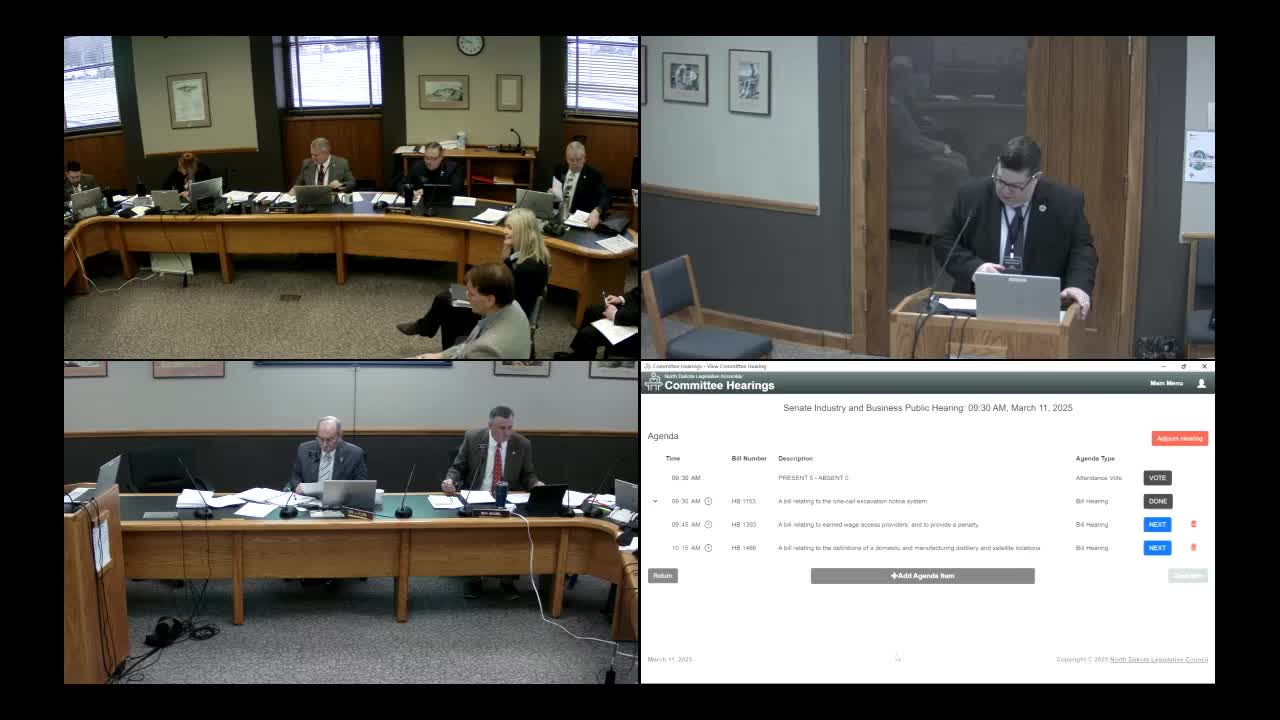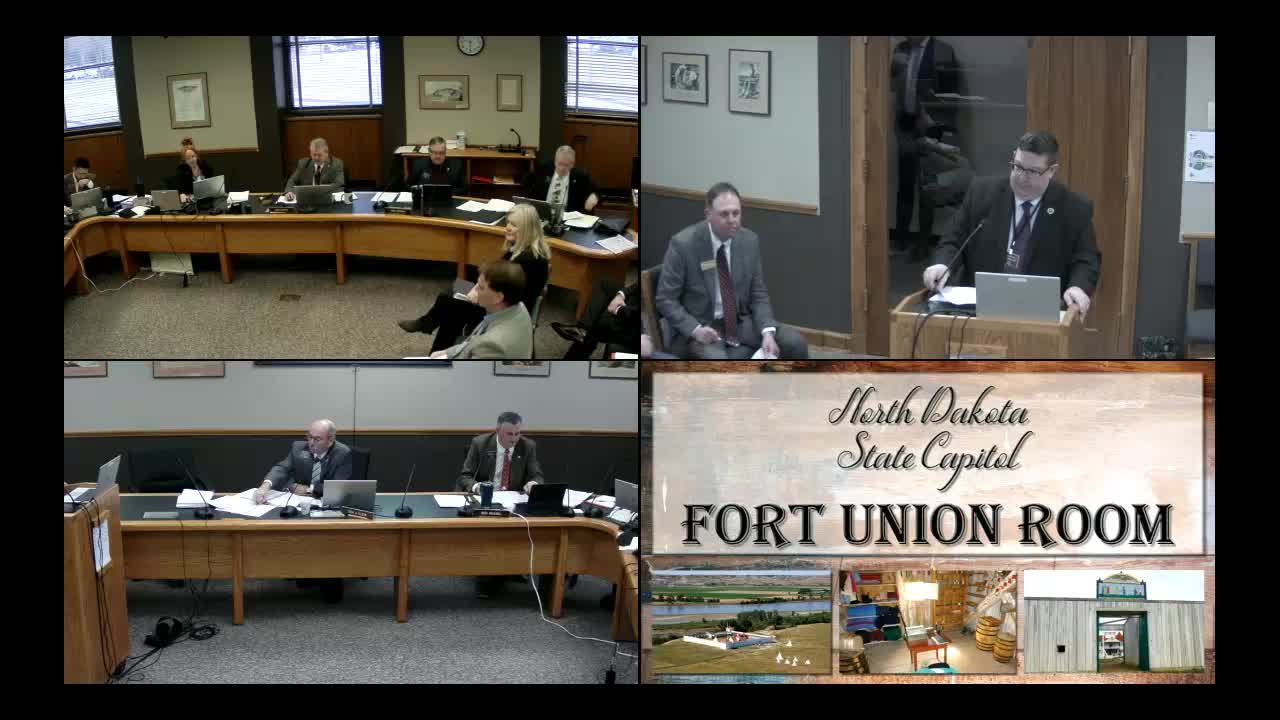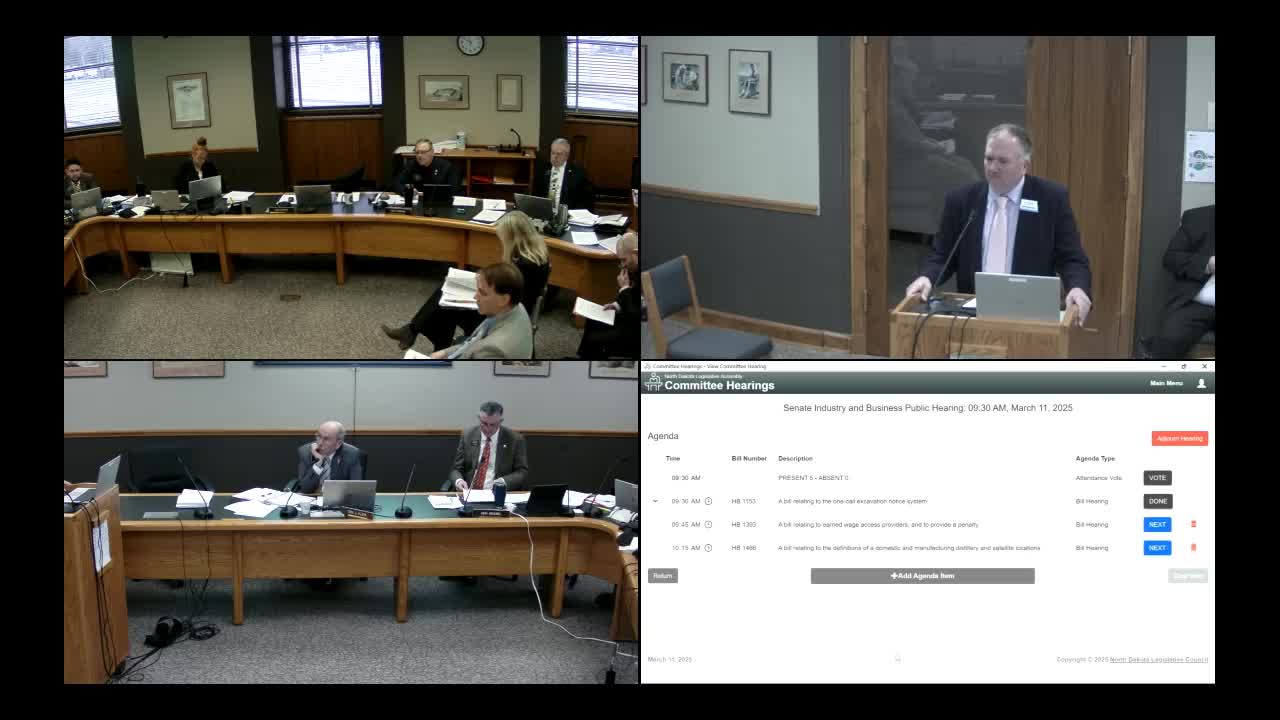Article not found
This article is no longer available. But don't worry—we've gathered other articles that discuss the same topic.

Committee hears competing views on regulating earned‑wage access; industry split over proposed real‑time database

Senate Industry and Business committee gives do-pass recommendation to bill clarifying 1-Call excavator exemption

